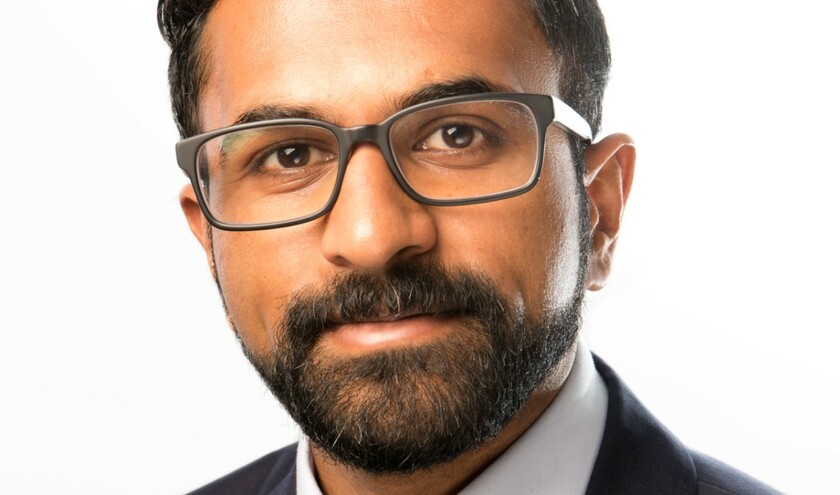Anandaciva acknowledged a sense of déjà vu on the health secretary's league table announcement at the NHS Providers conference this month.
‘This does feel very familiar to what's been tried in the past,' he told me.
‘Who would be against more transparency in healthcare? I have no problem with the search for greater transparency.'
The head of policy said the devil would be in the detail, however, with the Government yet to set out what trusts will be asked to be transparent about.
Anandaciva said ranking trusts on criteria risked locking them into what good performance looks like at a time when the Government was seeking to transform the healthcare system.
Secondly, the policy director said it remained unclear who the transparency was intended for.
‘If it's for the public … I probably would want something a bit more local, rather than at the trust level,' he said, pointing to the enormous size and complexity of some trusts.
‘You've got some organisations that have a £2bn turnover, managing 20,000 staff,' he noted.
‘You have community providers that have so many different service lines, so many different locations. It's a huge management task.'
Thirdly, The King's Fund director said the Government needed to be clear what sort of message they wanted to be sending to the sector.
‘I was trying to imagine that I'm a really well performing trust in terms of finances and all the rest and for the last few years the Government has been telling me to share my resources and collaborate on the system, but now the more I do that the further I am going to slip down this table,' he said.
Anandaciva said it remained to be seen on what criteria trusts would be judged as good.
The policy director added he was interested to hear what support the DHSC would be giving to providers at the bottom of the table, with Streeting having indicated that turnaround teams will be sent into failing trusts.
In determining ratings, Anandaciva also highlighted the importance of including ‘structural factors' when judging performance levels.
‘You could put the best management team and the best leader in the world in and they would still struggle at some trusts,' he noted.
Summing up his feelings on the package of reforms announced by Streeting, Anandaciva said his views were ‘mixed'.
‘Is this going to make it easier for organisations to hold onto their best leaders?' he asked.
‘I'm not sure all the policy announcements are pointing in that direction.
‘Of all the policy announcements, the one that felt most positive and different to me was the idea of how do you support people to get drawn into the areas that are more challenged.'
How the tables factor in socioeconomic differences in trust areas and the different starting points they are working from also remains a key unanswered question in the policy announcement.
‘One of the questions is, "what do you want things to look like in five years",' Anandaciva observed.
‘Do you want it to be that your best performing organisations have pulled even further away and are financially solvent?
‘Or could it be that you want your most challenged trusts to get closer to the middle or closer to the best, which might mean some leaders and clinical staff who are currently in the better performing organisations are encouraged to work in the more struggling ones.'
Anandaciva challenged the view in some quarters that the NHS was a fundamentally inefficient and unproductive model.
‘I don't think there's anything fundamentally wrong about the model that gets in the way of productivity,' he said.
‘We've got a really efficient fundamental model of getting funding up through central taxation. If anything we're not using enough of the fact that we have one National Health Service.'
Anandaciva said there was much more that could be done in terms of sharing best practice and resources such as linking leaders nationally. He also highlighted effective national programmes such as ‘Getting it right first time.'
The director said it was not the policy direction but managing expectations that would be key as we look ahead.
‘The idea of how much you could save by doing things differently is just that we always get the time frame wrong,' he observed.
‘We're way too ambitious over how long that would take.'
Given the uproar created by the NI levy on care homes and primary care providers in the Autumn Budget, Anandaciva said it was important that the 10-Year Health Plan and the Comprehensive Spending Review should set out the level of spending on health and care required to meet the level of service people demand.
‘We should not be in a situation where politicians are giving the health service about £26bn and saying we're not sure how much that is actually going to deliver,' Anandaciva said.
The stakes are high but the Government is gambling that taking a long-term view wins the trust and patience of both voters and NHS workers.
If you would like to appear in The Big Interview email Lee Peart at l.peart@hgluk.com



